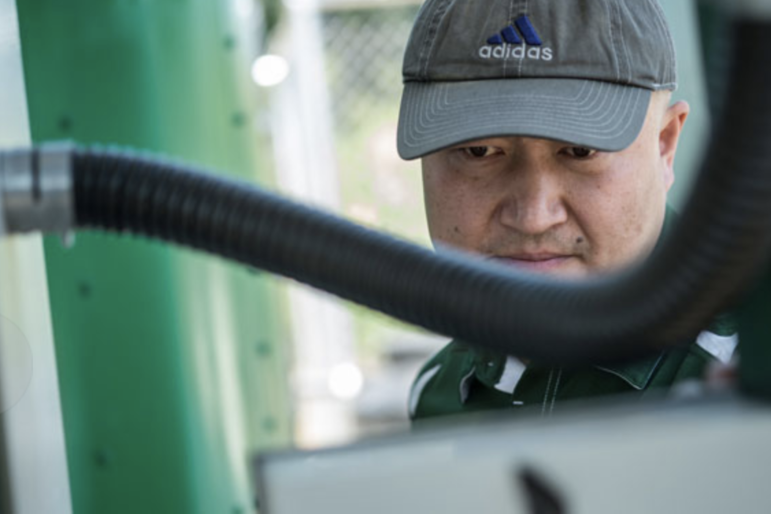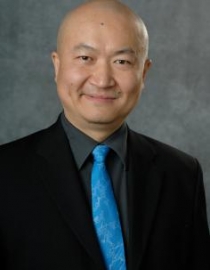
A new water treatment facility is coming to East Lansing.
The project, spearheaded by Michigan State University professor Dr. Wei Liao will be just south of 1855 Place on campus. The goal of the plant, according to Liao, is to turn wastewater into drinkable water. However, Liao says that goal is not attainable at this moment due to regulations. For now, Liao is focusing on turning sewage water and wastewater into renewable energy by extracting nutrients from food waste and sewage water and converting them into energy. Liao, his team, and MSU will be working with the City of East Lansing to build this facility.

Michigan State University
Wei LiaoEast Lansing Waste Resource Recovery Facility Superintendent Paul Stokes said that the city is,
“Only providing the location for the equipment and access to the sewage needed to be processed.”
Like most things, the work has been affected by COVID-19, but Liao says the impact is minimal for him, “The project is still going, but a little bit slower for sure because the pandemic. We don’t have the manpower … because we can’t have a lot of our students at this moment.” Liao said.
Because of the COVID-19 pandemic, work has been delayed one year, however the work never stopped. Liao says his system will be built by 2022 and testing will be done by 2024. Even then there will still be a lot of work. The hardest of tasks, however, may just be convincing people the water he is producing is safe to drink. Liao says the best way to convince people is to explain to them the technology he is using.
He talks about using reverse osmosis water which is the typical system most places use to make drinking water. His system mimics this process and makes it faster and more compact. In terms of ensuring the water is safe to drink.
Liao said, “there are many regulations … just like a typical water treatment plant we need, before we release them and people drink or put in their drinking pipelines. There’s a multistage tasks to ensure the water is clean.”
Despite all this, Liao knows some people will remain skeptical, including his own family. “Even to convince my family on this matter is some difficulty.” Liao also said “I do research.” He said he knows how safe the water is.
MSU and East Lansing are partnering with the U.S. Army to bring this technology to Army bases. Benjamin Thomas, an environmental engineer at the U.S. Army Combat Capabilities Development Command Ground Vehicle Systems Center has said this would benefit both the military and the university.
Although this facility is on campus, it has different pipelines than the ones that provide Michigan State with its water. The facilities are completely separate. This means the plant will not affect the quality of water on campus.
Liao says his work and research are revolutionary.